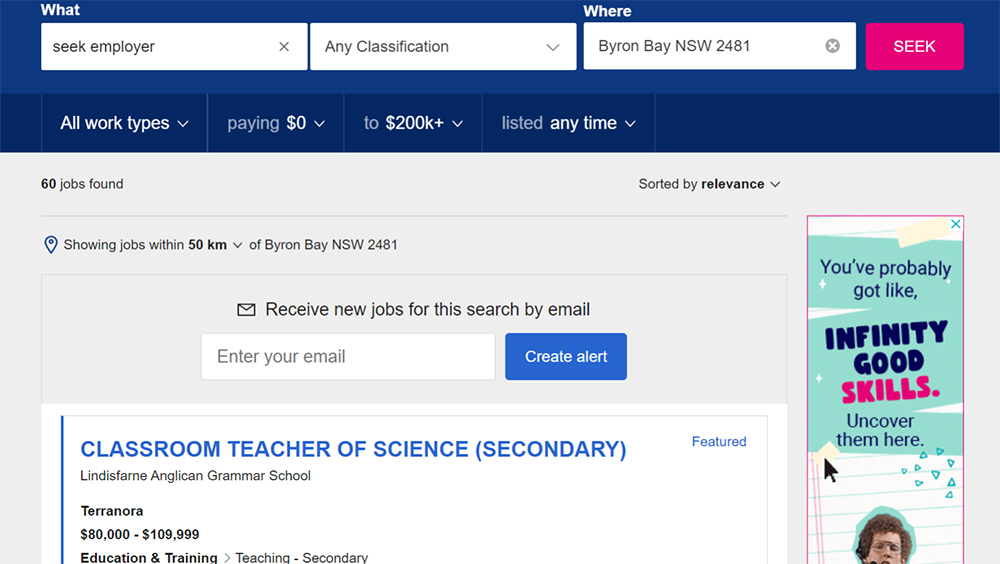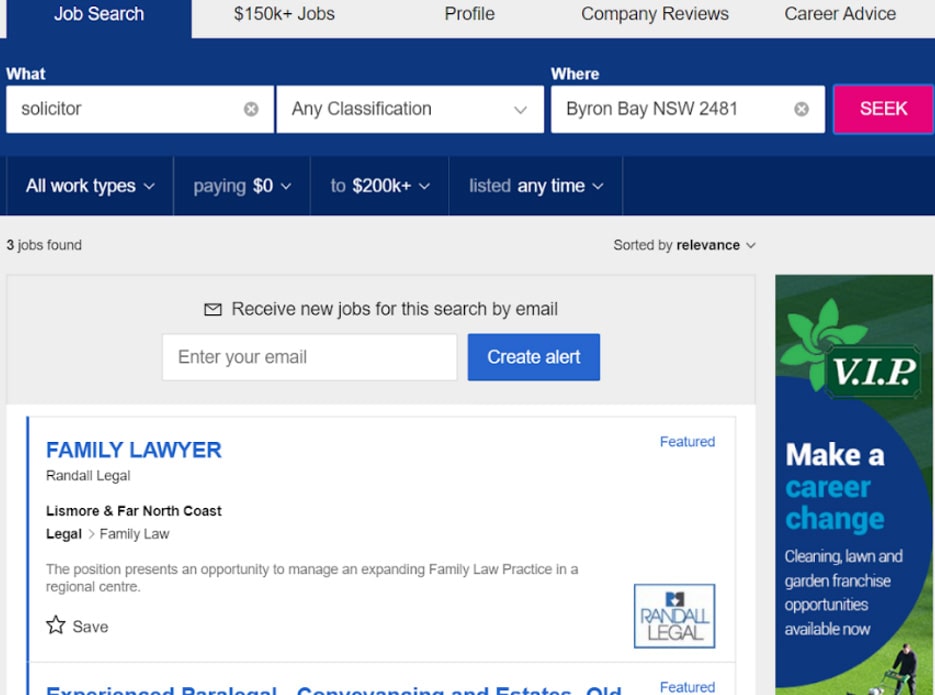Around three years ago, I moved out of Sydney. This was the first time in my life that I lived more than a few kilometres away from my mum. So, it was a big deal.
A very big deal.
The first challenge (aside from missing my mum’s cooking), was ensuring that Gilton Valeo would continue to operate with the same energy and verve that got us to this point. I can confidently say that Gilton Valeo has grown from strength to strength with the introduction of new faces, new technology and the space to grow out of my shadow.
The Gilton Valeo that you know now, may no longer be invariably tied to my name. And that is a great thing because there are so many wonderful human beings that make up this collective. The team has consistently shown the strength of character and drive that gave me the confidence to pack my bags and pursue a lifestyle choice.
And in this choice, I am not alone. Bush life (as I like to call it) is all about community and I have met countless like-minded souls who have packed their bags and decided that lifestyle superseded the convenience of city life. Most of my neighbours are entrepreneurs who call the bush home and who (like me) make regular trips to Sydney (or similar metropolises) to manage the office.
This speaks volumes of how technology is enabling us to reconfigure our economic life thereby empowering us to make decisions to live how we want to live.
Is bush life possible for migrants with regional GSM visas?
I started to ponder on bush life for migrants and whether it was feasible. It feels that this economic shift is an important precursor to the immigration regime and how the new regional visas under General Skilled Migration will effectively create a highly talented workforce that will need and want work.
So, I thought, let’s assume I hold one of these regional GSM visas, how would I fare with finding work and a place to live. I started where everyone usually starts.
Google.
The first thing I searched for was “jobs in Byron Bay” (not exactly bush, but close enough). And as you can see below, there were 60 vacancies.

But if I were to make this an authentic first-hand experience, I figured I should loosely base this search on my own skills and qualifications – double degree in law and business and 20 years of legal experience. Entering the job title solicitor reduces the tally to three potential roles.

That did not look promising.
This got me thinking about Australia’s desire to promote regional living for migrants and to decentralise our cities. Is it even feasible?
Immigration policies should encourage established Australians to move regionally
Based on market data, Australia’s five largest cities are more productive than the smaller cities and regional areas. Migrants that settle in cities are more likely to find a job that they are willing and able to do, and if they lose their job, it is easier to find another one quickly.
Learning opportunities tend to be greater in bigger cities, as workers see what others are doing and imitate it. As a general proposition, it is more worthwhile to specialise, and working with specialists also helps people to develop more specialist skills themselves.
As job turnover is faster in cities, people take their knowledge with them to new jobs more quickly than in regional areas. Forcing migrants to move to regional areas will likely reduce their incomes, reducing the taxes they pay and therefore also the size of the fiscal dividend they provide to the Australian community while increasing the cost of the public services they consume.
Migration policies that require migrants to move to regional areas will also narrow the pool of prospective applicants — since most migrants would prefer to move to cities — and reduce the benefits to the Australian community from a given migrant intake.
Accordingly, our immigration policies may need to be tied to our internal taxation rules. Data suggests that the net benefit to Australia for new migrants to move to regional areas is greatly diminished compared to city living. Perhaps government decentralisation policy should be focused on established Australians moving regionally as they may have a deeper awareness of culture and potentially networks in those areas.
For that to happen, perhaps our taxation rules could contemplate concessions for established Australian citizens to move to regional areas thereby creating ‘room’ for new migrants in our cities.
Gilton Valeo can answer your questions about Australia’s immigration system
As Australian immigration experts, Gilton Valeo can guide you or your company, whether you’re looking to take advantage of a regional migration program and live in the Bush or bring skilled workers into one of Australia’s major cities. We provide our clients with strategic immigration consulting, visa applications, and otherwise support them with anything else they need.
Check out our website to learn more, or connect with us on Facebook, Instagram, LinkedIn, or Twitter!
